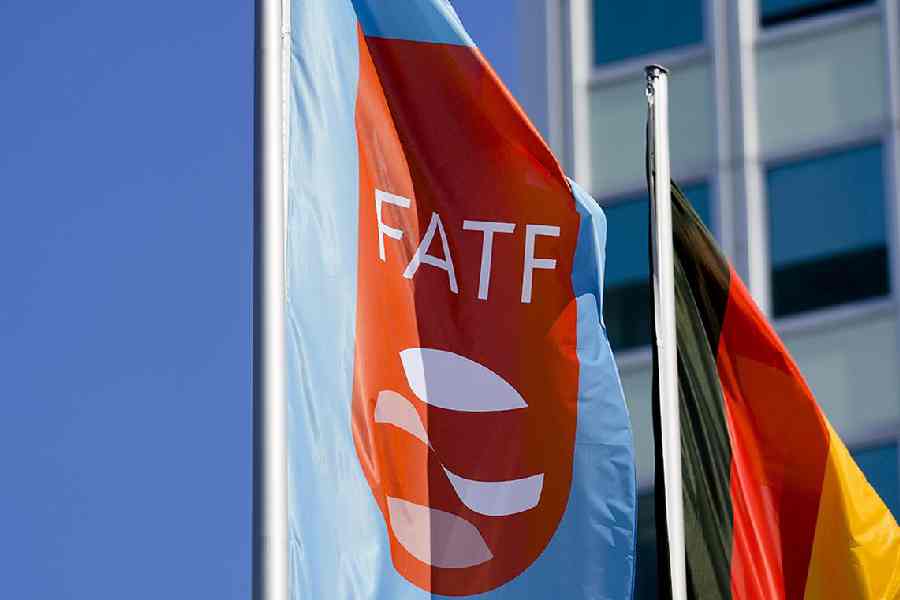Banks, credit card issuers and fintech firms may have to brace for a surge in costs and greater disclosures as the Financial Action Task Force – the global body that co-ordinates efforts to clamp down on money laundering and cyber crimes – prepares to release the long delayed final mutual evaluation report on India sometime next week.
The last time that the FATF took up a review of India was in 2010 when a mutual evaluation was done.
The financial action task force conducts "peer reviews of each member on an ongoing basis to assess levels of implementation of the FATF recommendations and provides an in-depth description and analysis of each country's system for preventing criminal abuse of the financial system."
One of the concerns about India is that its conviction rate in money-laundering cases is very poor.
India wants to ensure that the sender and recipient in a cross-border financial transaction can be identified and shared with law enforcement agencies.
Though the data on the name of sender and recipient and the country of origin is recorded in cross-border transactions, the policy development group (PDG) of the FATF is deliberating on whether the required information is clearly available to law enforcement agencies.
It is also examining if the information gets masked in any form.
Masking leads to delay in information sharing by financial institutions involved in cross-border transactions with law enforcement agencies.
"The debate is whether the standards need to be tweaked further so that information can be clearly provided in case of cross-border wire transfers by using credit cards, or payment aggregators or fintech platform," the report quoting an official source said.










